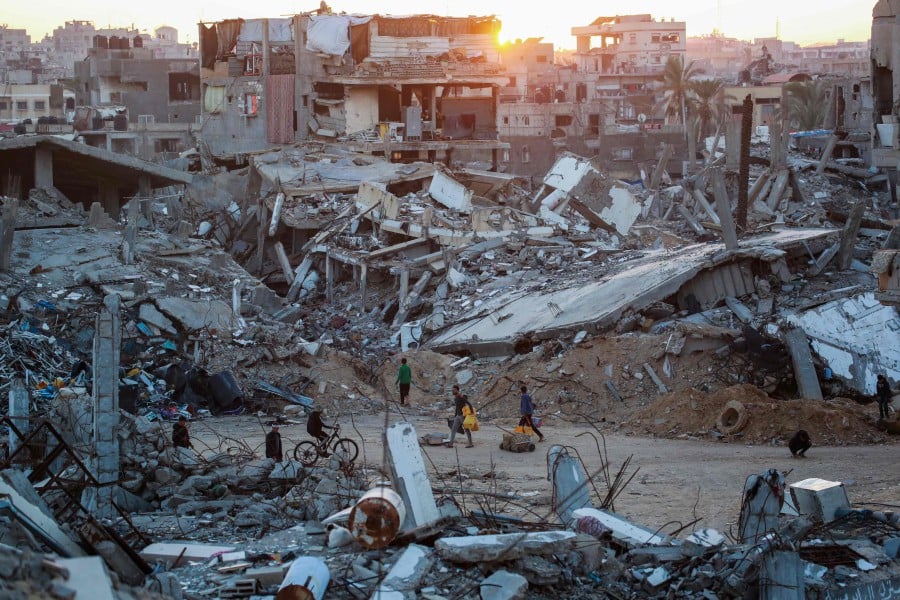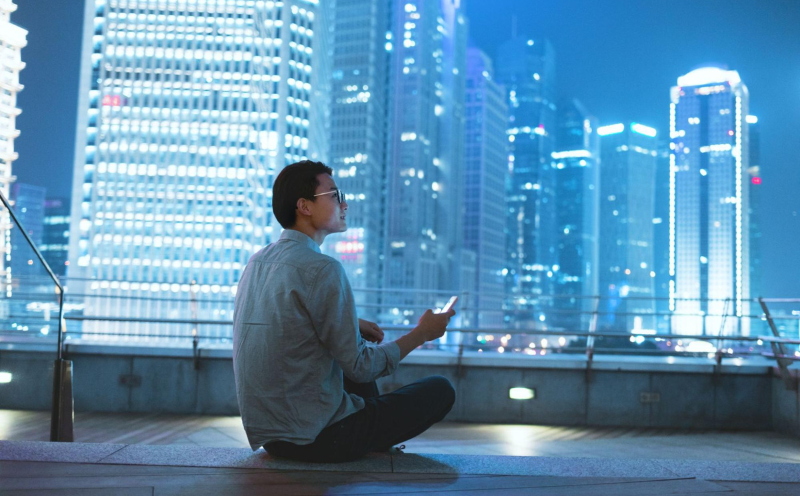TODAY is the International Day of Commemoration and Dignity of the Victims of the Crime of Genocide.
It is a day dedicated to honouring those who endured unspeakable atrocities and reaffirming our collective responsibility to prevent such heinous crimes.
This date also commemorates the adoption of the Convention on the Prevention and Punishment of the Crime of Genocide (Genocide Convention) by the United Nations General Assembly in 1948, the first international treaty to define and codify genocide as a crime under international law.
The Holocaust, which claimed over six million Jewish lives alongside millions of others persecuted under the Nazi regime, serves as a grim testament to humanity's capacity for cruelty.
Despite the vow of "Never Again", the world has witnessed subsequent genocides in Rwanda, Bosnia and Myanmar, reflecting the international community's repeated failure to act decisively.
The 1994 Rwandan genocide saw the slaughter of over 800,000 Tutsis in just 100 days, while the Bosnian genocide of 1995 saw the massacre of more than 8,000 Bosnian men and boys in Srebrenica.
Currently, the Rohingya in Myanmar face what experts have termed "genocide in slow motion", with over 900,000 individuals forcibly displaced.
We must now confront the unfolding genocide against Palestinians in the occupied territories.
This grim reality has been extensively documented by experts in international law and human rights.
Professor Richard Falk, former United Nations (UN) special rapporteur on human rights in the Palestinian territories, has described Israel's policies as constituting "an apartheid regime and acts of genocide".
Francesca Albanese, the current UN special rapporteur, has similarly asserted that the cumulative impact of prolonged occupation, apartheid and systemic violence against Palestinians constitutes acts of genocide under the Genocide Convention.
Dr Eyal Weizman, founder of Forensic Architecture, highlights the concept of "incremental genocide", where deliberate policies erode the conditions of life for Palestinians over time.
These assessments underscore the moral and legal obligation of the international community to act swiftly to halt the atrocities and ensure accountability.
The Genocide Convention, ratified by 153 states, obligates nations to prevent and punish genocide, whether in times of peace or war. Its principles are reinforced by the Rome Statute of the International Criminal Court (ICC) and the Responsibility to Protect doctrine.
However, these frameworks are often undermined by political inertia and denialism.
As we commemorate this day, we honour not only the memory of the victims, but also the resilience of survivors, whose courage and pursuit of justice inspire us all.
Their testimonies are a clarion call for accountability.
It is imperative that mechanisms such as the ICC be supported to ensure that perpetrators are held to account and the dignity of victims is upheld.
This occasion also serves as a stark reminder of the global community's shared duty to take meaningful action.
In 2014, the United Nations Security Council adopted Resolution 2150, urging states to combat genocide denial and honour its victims.
However, commitments must translate into tangible measures — strengthening early warning systems, fostering education to combat hatred and intolerance, and providing reparations for affected communities.
Thus, it is crucial to address Malaysia's reservation to Article 9 of the Genocide Convention, which limits the ability to invoke the jurisdiction of the International Court of Justice (ICJ) in genocide disputes.
Removing this reservation would enhance Malaysia's capacity to seek advisory opinions or rulings on genocide cases, offering a powerful legal pathway to challenge Israel's actions in Palestine.
Such a step would position Malaysia alongside states like The Gambia, which successfully initiated a genocide case against Myanmar for the Rohingya crisis.
The ICJ's provisional measures in that case, under Article 41 of the ICJ Statute, underscore the critical role of states in seeking justice and safeguarding vulnerable populations.
Justice is not merely an aspiration, but an obligation enshrined in the Universal Declaration of Human Rights 1948, which proclaims in Article 7 that "all are equal before the law and are entitled without any discrimination to equal protection of the law".
The government must reaffirm its commitment to this principle by removing its reservations to Article 9 and taking decisive steps to hold Israel accountable for systemic violations of international law.
We must champion the rights of Palestinians and uphold international justice.
Let's honour the victims of genocide by transforming the promise of "Never Again" into tangible action.
The writer is chairman of the Centre for Human Rights Research and Advocacy










